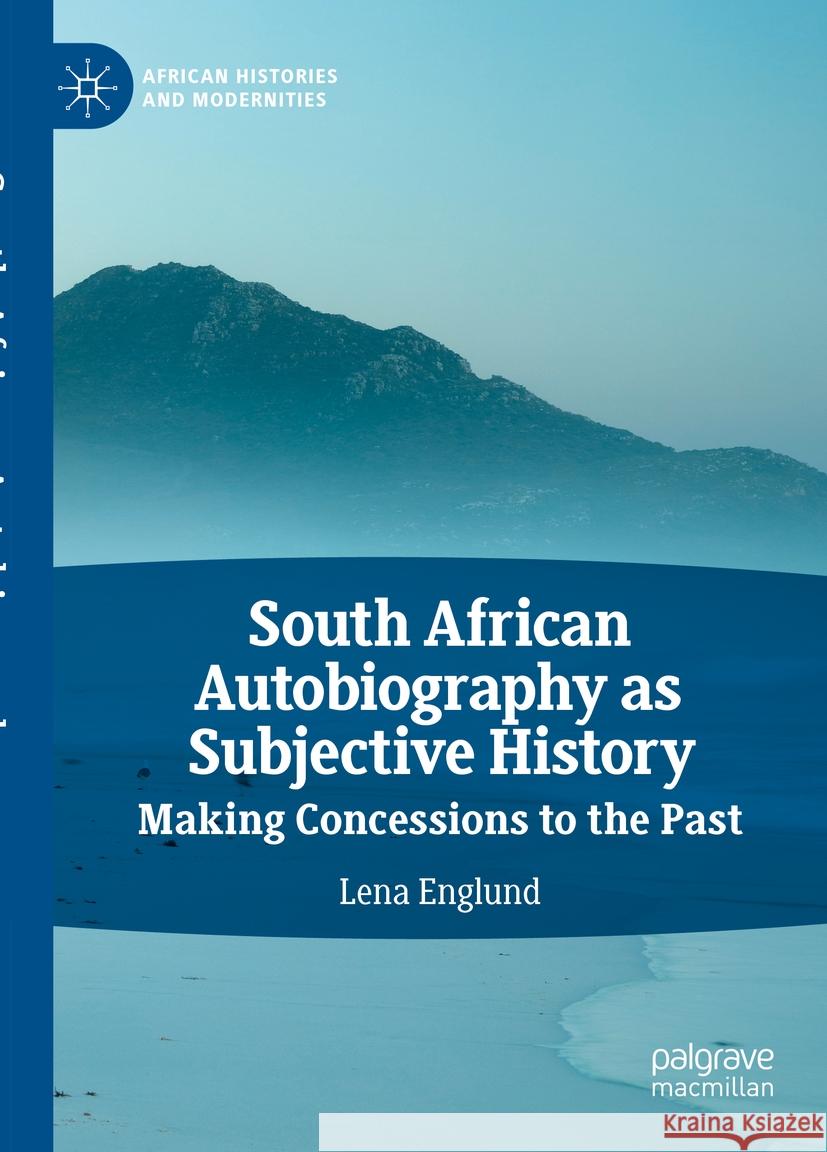South African Autobiography as Subjective History: Making Concessions to the Past » książka
topmenu
South African Autobiography as Subjective History: Making Concessions to the Past
ISBN-13: 9783030832315 / Angielski / Twarda / 2021 / 242 str.
Kategorie:
Kategorie BISAC:
Wydawca:
Palgrave MacMillan
Seria wydawnicza:
Język:
Angielski
ISBN-13:
9783030832315
Rok wydania:
2021
Wydanie:
2021
Numer serii:
000745561
Ilość stron:
242
Waga:
0.41 kg
Wymiary:
21.01 x 14.81 x 1.42
Oprawa:
Twarda
Wolumenów:
01
Dodatkowe informacje:
Wydanie ilustrowane











